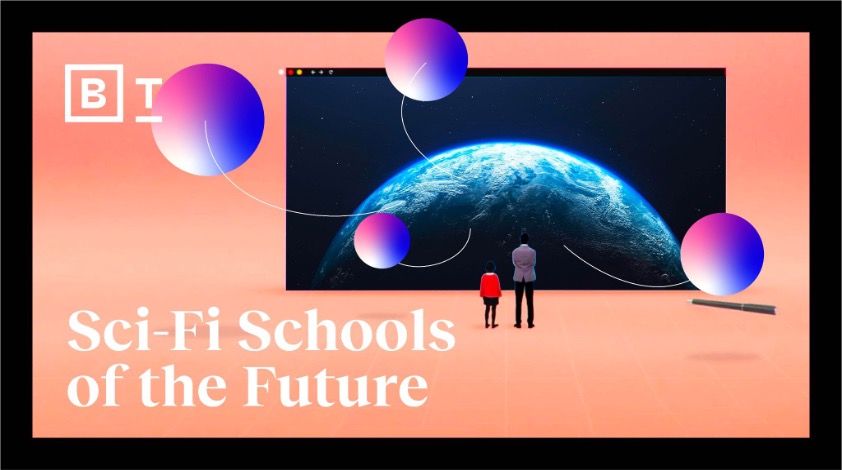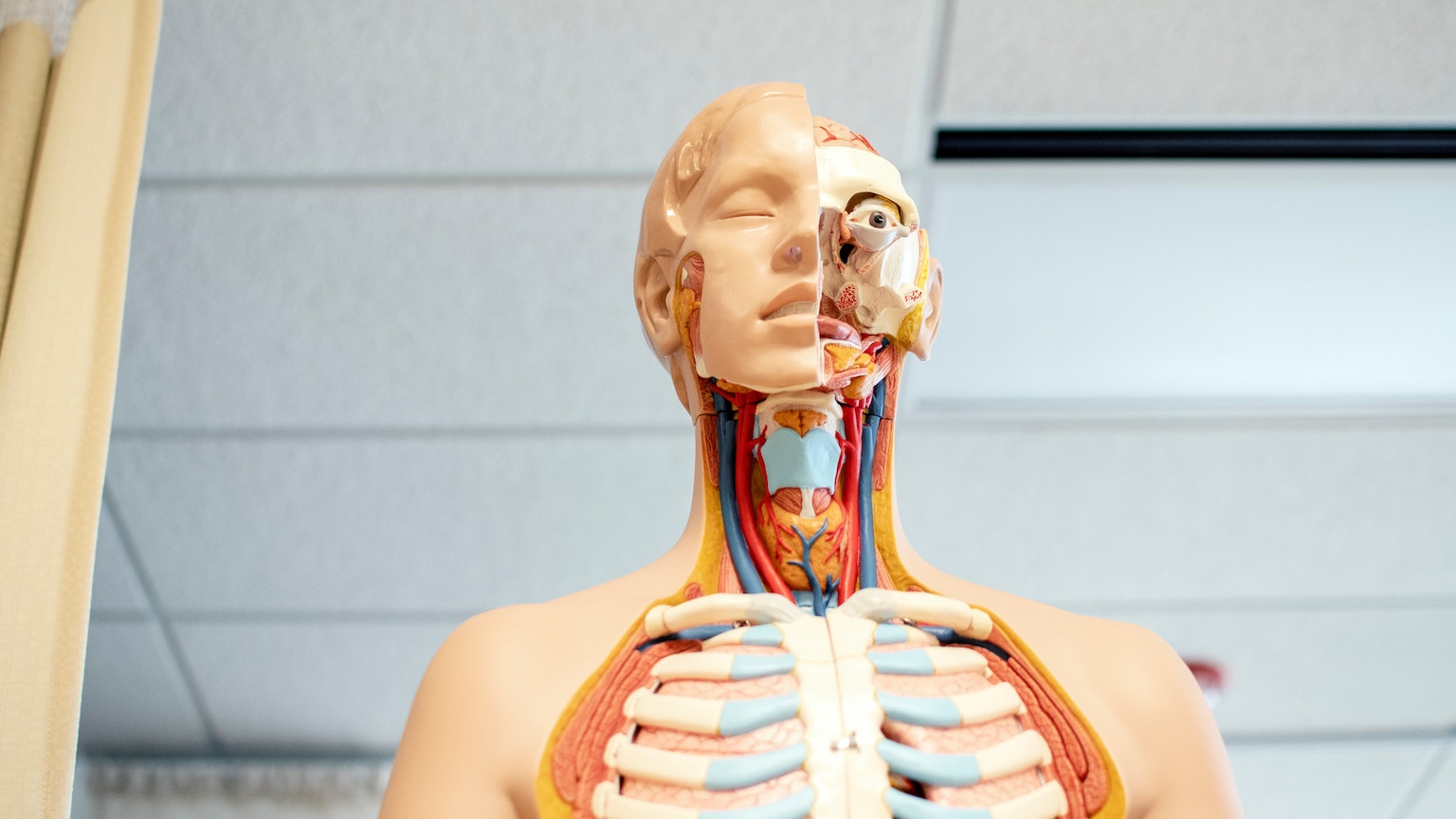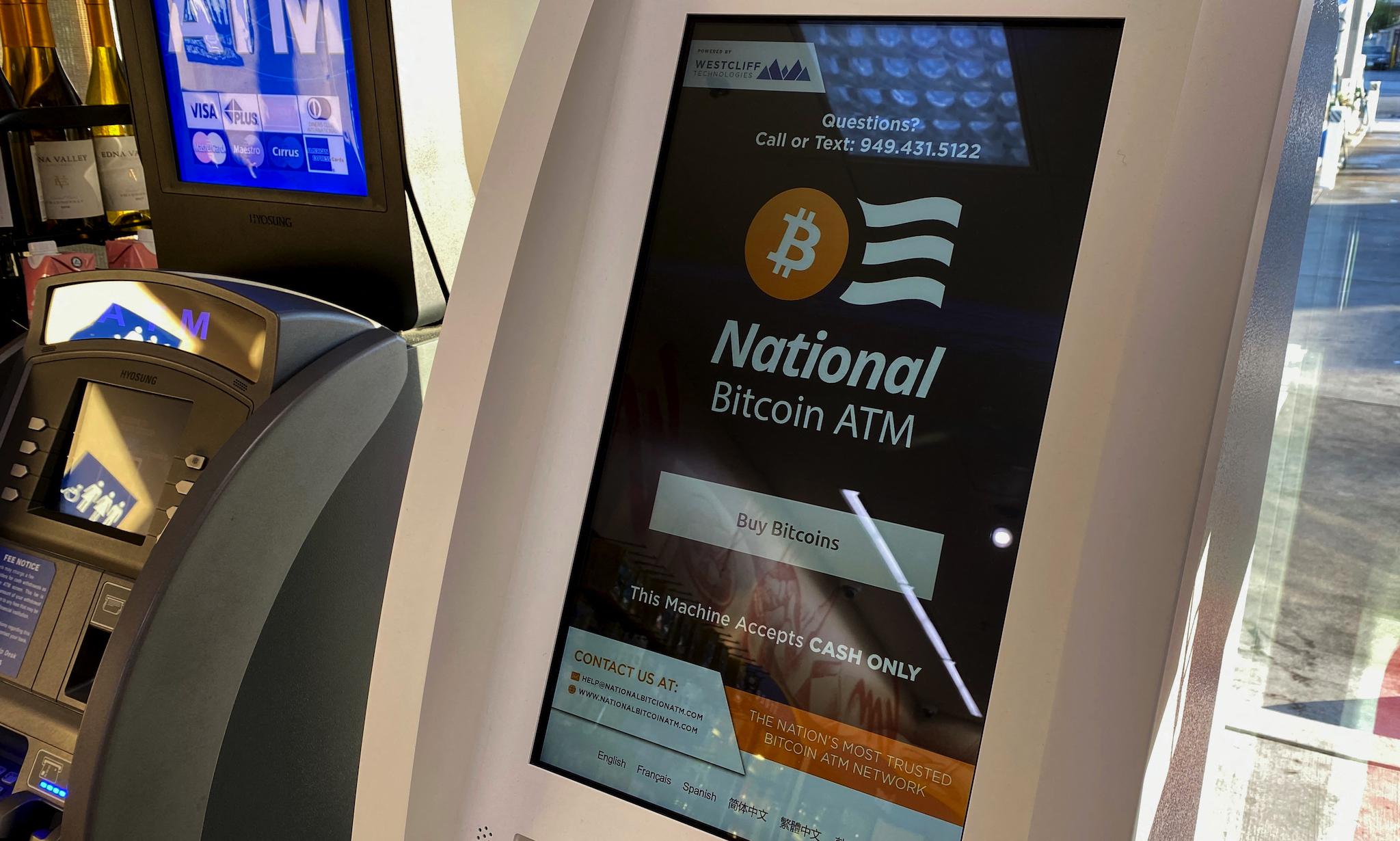Current Events
The most unpleasant aspect of intellectual liberalism is that when speech causes emotional or mental pain, the offended parties are morally entitled to nothing.
In an excerpt from her recent book, the behavior geneticist Kathryn Paige Harden carefully explores a topic that’s often considered taboo: how genetics affect life outcomes.
Solving the supply chain crisis before the global economy tanks is going to require many creative approaches. Flexport’s Ryan Petersen has one that just might work.
The credibility problem facing the biomedical and public health establishment is, at least in part, a product of its own making.
There has been a 600% increase in European gas prices so far in 2021.
Real-time online learning is where our dated education system is heading.
In a world without “bullshit jobs,” we would have more hours available to us to learn new skills and to unleash our creative side.
Two mounds of rice and a tiny flag in a sea of curry is enough to re-heat an old territorial conflict.
The Chegg cheating scandal reveals a critical need to rethink the student experience in post-COVID education.
The prize went to three researchers who revolutionized the social sciences by taking advantage of natural experiments.
Jains believe that karma weighs the soul down. This can be overcome through extreme asceticism, in which one slowly withdraws from life.
You may only have a few minutes to prepare.
Both journalists have put themselves in danger to shed light on corruption and abuses of power in their home countries.
People appear to have no qualms about sharing their locations, struggles, and relationships online.
Evidence shows that information is transmitted via “complex contagion.”
A decade ago, scientists weren’t able to confidently connect any individual weather event to climate change, even though the warming trends were clear.
Is it true that half of disaster relief is motivated politically rather than by need?
After the German election, will the nation continue to “muddle through” successfully enough to lead Europe?
“The name’s Bond. Jane Bond.”
Everybody wins, everybody loses, or something in between.
The cause of the recent uptick in radiation is unknown, but speculation about another catastrophe at Chernobyl is hyperbolic.
It follows a well-worn playbook for North Korea.
The EU is slowly realizing that it cannot count on the U.S. to meet its security needs. Has the time finally come for a European military?
Organ transplantation is in dire need of biotechnological advances. 3D bioprinting and genetic modification of pigs provide a path forward.
Preferring “bases not places,” the U.S. does not really resemble the empires of old.
Bitcoin’s creator owns five percent of the entire Bitcoin supply, meaning that he has a larger percent of Bitcoin than the U.S. has of gold.
It does not matter if intelligent life exists elsewhere. We will never find each other.
It is difficult to save a species that does not seem to care about saving itself.
For nearly two centuries, courts have relied on the subjective “reasonable person standard” to solve legal disputes. Now, science can help.





























